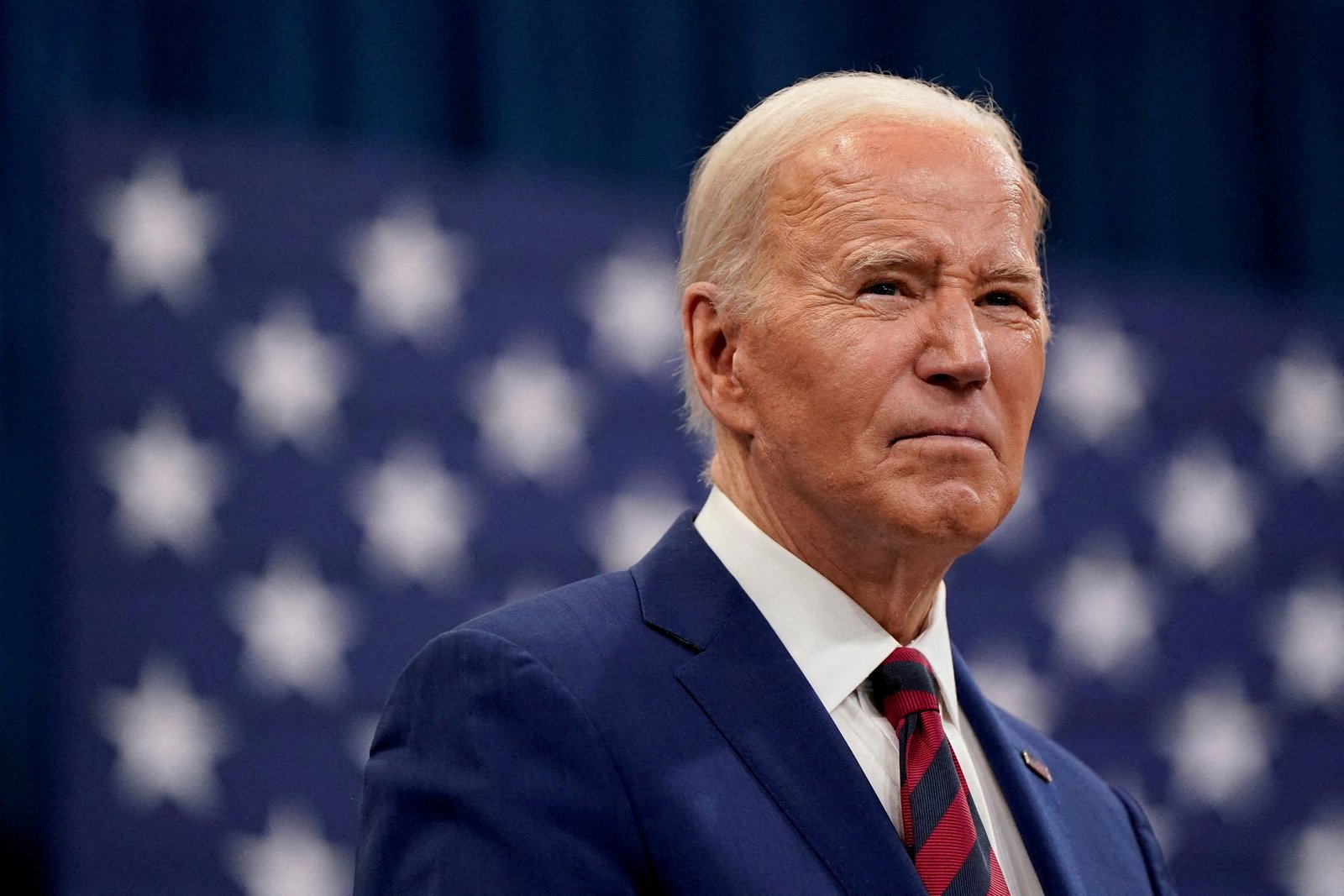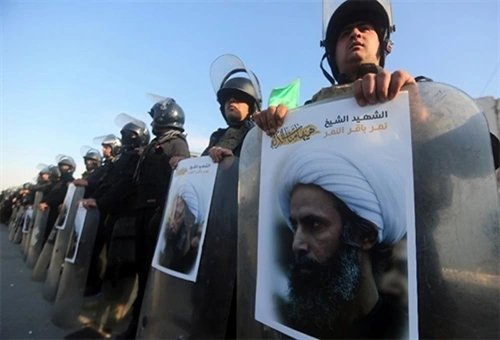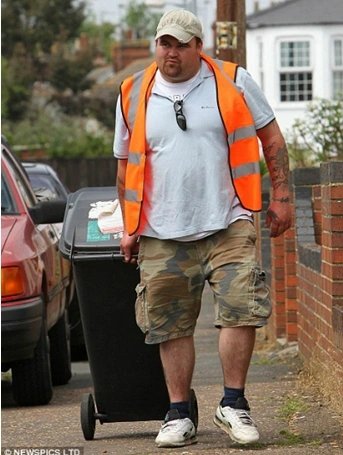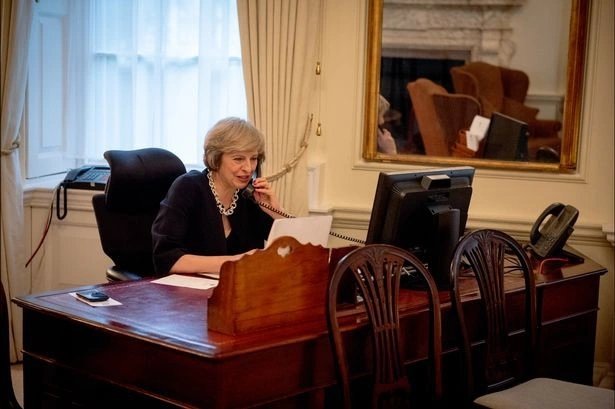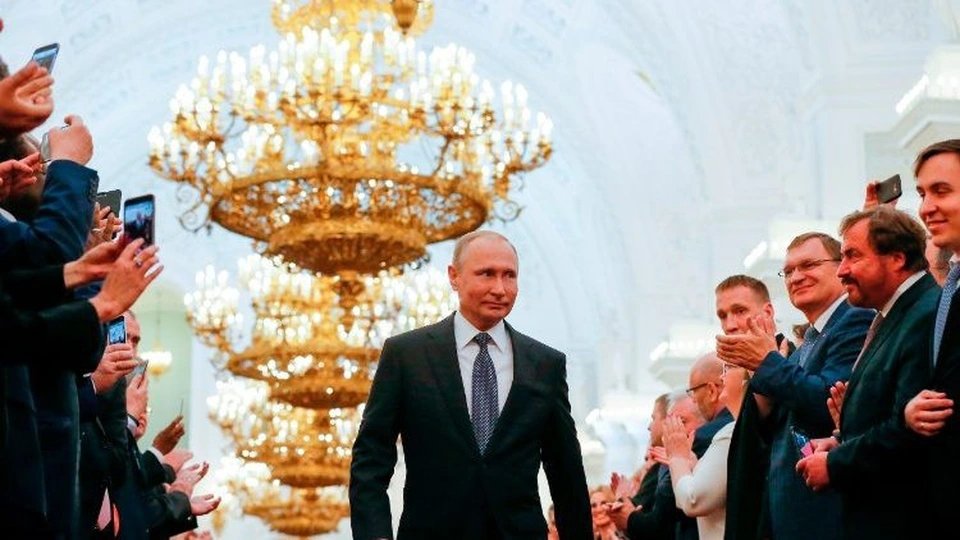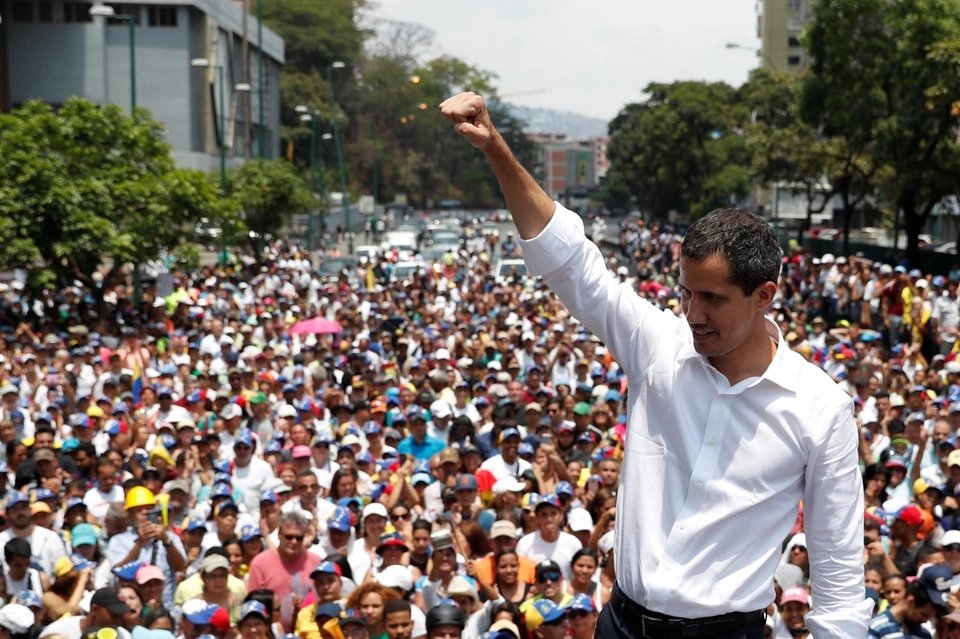
Gangasagar Mela, a 9-day festival from January 8-16, often attracts millions of people to the banks of the Ganges River, the sacred river of Hinduism.
Tens of thousands of people visited the site before this year’s festival began and thousands bathed in the river on January 14, despite health experts calling for its cancellation for weeks and warning it would worsen the situation.
`There are safe ways for people to gather outside wearing masks, but large-scale mass with thousands of people immersed in water is not feasible to conduct safely,` said Bhramar Mukherjee, professor of translation
Hindus bathe in the Ganges River flowing through the city of Allahabad, Uttar Pradesh state, India on January 14.
Images in Indian media showed hundreds of thousands of people, many without masks, bathing at the confluence of the Ganges River and the Bay of Bengal, as well as playing music during the festival on the riverbank.
The High Court in Kolkata, the capital of West Bengal state, on January 7 ruled that the festival could proceed, but only people with vaccination certificates and negative tests within 72 hours could attend.
`In general, the rule is that you should avoid going to crowded places. However, India has a lot of festivals and people want to participate,` said Dr. Vikas Bhatia, executive director of the All India Institute of Medical Sciences.
The West Bengal Doctors Forum, a doctors’ and patients’ rights group, expressed concerns earlier this week that the festival would put additional strain on the country’s healthcare system.
`So many doctors and healthcare workers have been affected by Covid-19. Any new surge will put the entire healthcare operation on the brink of collapse,` the group said, adding
Some experts warn that attendees could become `super spreaders`, bringing the virus back to their home countries and causing the epidemic to spread.
The Gangasagar Mela takes place even as similar rituals are banned in other parts of India.
West Bengal state officials earlier this month applied stricter measures to deal with rising infections, such as closing schools, limiting workplaces to 50% capacity and imposing a curfew from 10 p.m. to 5 a.m.
India is struggling to prevent the spread of the Omicron strain.
On the same day, all of India reported 264,202 cases of infection.
Dr. Bhatia worries that Covid-19 cases in India are increasing rapidly, but notes that Omicron seems to have a lower mortality rate than other variants.
According to him, the government can issue instructions but it is up to the public to follow them or not.

